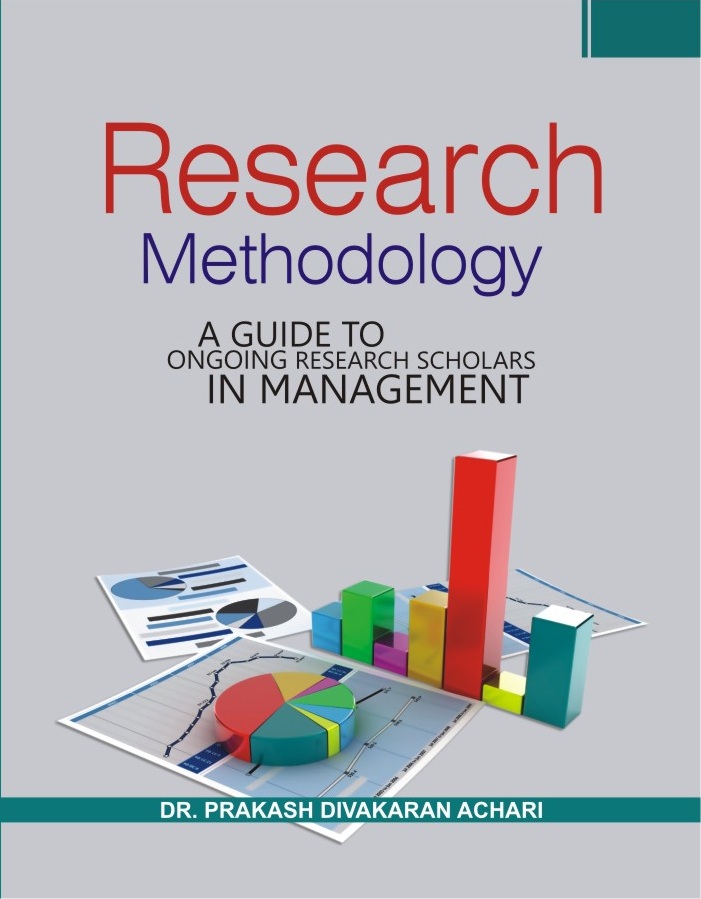This Book is based upon my understanding in research as an academic, practitioner and educator. The difficulties faced in accepting research as an academic, my exposures about to what was relevant and irrelevant in the field as a research practitioner, my development of the aptitude to successfully communicate difficult concepts in simple language without sacrificing precisely and meticulousness as an educator and discussion with experts in the same field is the basis of this book. Many aspects of methodology were supplementary on the basis of the response of the teachers of research methods from different region. This experience has taken several forms, including research-based teaching, seminar projects, and supervising numerous bachelor, master’s and PhD theses. This work has helped me to discover which examples of other researchers’ work most serve to inform what research is about.
This book is designed to help readers who are embarking on social research projects. There are, of course, numerous resources on social research already available, including some comprehensive textbooks. For introducing social research, however, comprehensiveness is not necessarily an advantage. Comprehensive treatments tend to be immense and awkward and they can be devastating in the detail they present.
In contrast, this book aims to provide the reader with a concise overview. It outlines the most important approaches likely to be used in social research projects. And it provides a good deal of practical information on how to proceed with a project. It also includes guidance on, and reference to, further sources on the subject.
The first part of the hook will give you an orientation to the field of social research. It focuses on issues that come into play as one begins to approach a research project. Chapter 1 provides an introductory overview of what social research is, what you can do with it – and what you can’t. Chapter 2 shows how to setting up a research project and how to use it in your own project. Chapter 3 shows how to apply Case studies as a methodological strategy in existing research and how to use it in your own project. Chapter 4-7. Surveys, Experiments, Action Research and Interview methods and the use of existing datasets and documents are all discussed here and issues concerning measurement and documentation are outlined. Chapter 8 shows how research questions originate and how they can be developed and refined. It considers research questions in the context of both qualitative and quantitative research. The Ninth chapter outlines the selection of Observational Methods and approaches to be used for pursuing your own research. A central focus is on the decisions you will need to make at various stages of the research process. The chapter 10 and 11 provides a short overview of the Documentary sources and The concept of level of measurement. Chapter 12 focuses on the design of Methodology of analyzing Quantitative data. First, it provides guidance on how to develop a research proposal and a timescale for your project. The final chapter 13 discusses issues of writing about research. It describes how to provide feedback to participants and how to use results in practical contexts and in wider debates.
I hope this book will stimulate your inquisitiveness about doing a social research project and, by guiding you through such a project, show you that doing a research project can be an amusing and electrifying experience.
Dr. Prakash Divakaran Achari










Be the first to review “Research Methodology”
You must be logged in to post a review.